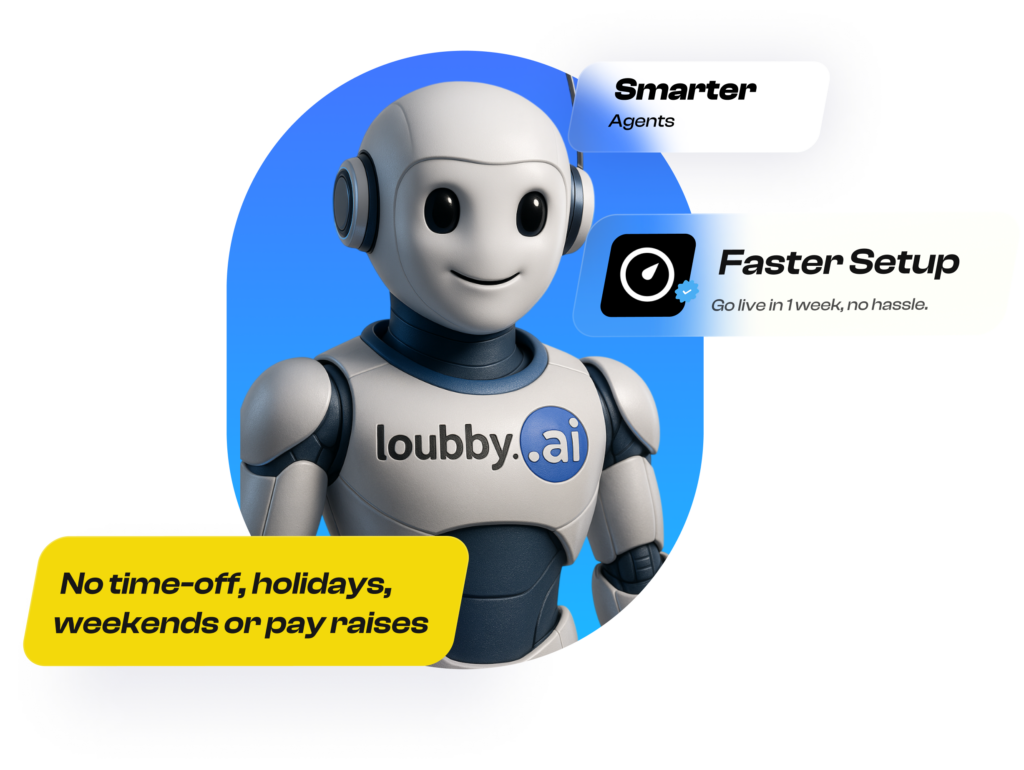Bias can unintentionally influence hiring decisions even when your intentions are good. Things like someone’s name, the way they speak, or just a gut feeling after an interview can subtly affect your judgment. Over time, these habits can lead to missed opportunities and a workforce that doesn’t reflect the diversity of talent available.
Companies that overlook this issue often struggle with more than just bad hires. They lose out on fresh ideas, alienate capable applicants, and increase the risk of legal troubles due to unfair practices.
This article outlines five smart and practical ways to make your hiring process fairer and inclusive. Each approach is simple to implement and can help you build a stronger, more diverse team with confidence.
1. Redefine What “Qualified” Means
Many hiring teams unintentionally limit the number of great candidates they attract by being too strict with job requirements. Listing too many qualifications, specific schools, or exact years of experience can turn away talented people who could do the job well but don’t meet every single detail.
The truth is, nobody is perfect. Candidates bring value in different ways. Some may lack a specific tool or certification, but come with sharp or fast thinking, strong problem-solving instincts, or an ability to learn fast. These qualities often matter more in the long run than technical details that can be taught.
A helpful approach is to divide the job description into two sections: what the candidate needs to have, and what they can learn on the job. The must-haves should include only the key skills or knowledge needed to do the job right away. The rest can be taught later with training and support.
2. Use Structured Interview Formats
Structured interviews offer a more reliable path. By asking each candidate the same set of questions in the same order, you make things fair for everyone. It becomes easier to focus on how well someone can do the job, rather than how well they click with the interviewer.
With a consistent format, interviews become easier to score and compare. Answers can be rated against a clear standard instead of vague impressions. This helps reduce the weight of personal bias and brings more clarity to hiring decisions.
Another advantage is accountability. Structured interviews keep a clear record of notes and scores, which can be checked later if needed. So, if someone questions a hiring decision or wants to review it, the team can go back and see exactly what was said and how the candidate was rated. This level of transparency helps make the hiring process fairer and trustworthy.
3. Rethink the Role of “Gut Feeling”
Relying on intuition often carries bias, and it can lead you to favor familiarity over skill.
To avoid that, it helps to take a break before making judgments. Instead of moving forward based on a vague sense that someone is “a good fit,” ask for specifics. What exactly did the candidate say or do that stood out? Write it down. This simple habit creates space for reflection and helps you separate facts from feelings.
Using scorecards during interviews is another smart move. A clear rating system guides interviewers to focus on job-related qualities, not personality quirks or shared interests. When each candidate is measured by the same yardstick, hiring becomes more fair and less reactive.
Team-based reviews also add balance. By comparing notes and discussing decisions as a group, biases are easier to spot and correct. With thoughtful reflection and structure, choices make more sense and are more objective.
4. Incorporate Anonymous Screening Tools
First impressions are often made before a candidate ever speaks. Names, photos, graduation years, and even addresses can trigger unconscious bias, quietly shaping decisions. That’s where anonymous screening comes in. By removing personal identifiers from resumes, hiring teams can shift focus to skills and experience.
Anonymous screening doesn’t just sound good in theory. It works. One well-known study from Harvard and Princeton found that blind auditions increased the chances of women being hired into orchestras by 25 to 46 percent. In hiring, the same idea applies. When resumes are stripped of details that have nothing to do with performance, the playing field becomes more level.
Loubby AI makes this easy. The platform evaluates candidates based on skills and experience alone, not giving a mind to names, photos, and other surface traits. This helps reduce first-impression bias and brings stronger, often overlooked, talent into the spotlight.
5. Make Inclusion Part of Your Hiring Culture
Hiring practices should reflect the values a company claims to hold. One of those values must be inclusion. Training hiring teams to recognize unconscious bias helps shift thought patterns that often go unchecked.
Inclusion thrives when it’s tracked. Set clear goals for diverse hiring and revisit them often. Measure progress. If certain groups are missing from the pipeline or not making it past interviews, take a closer look. Numbers give insight into what’s working and what needs to change.
Feedback loops keep the process sharp. Ask candidates about their experience. Invite input from hiring team members after each round. Look for patterns. Adjust when needed. By treating hiring as a process that can always improve, inclusion becomes part of how the company thinks, acts, and grows.
Conclusion
Rethinking how talent is assessed from the first screening to the final decision can help you find better matches and build more inclusive teams.
Instead of relying on assumptions or surface impressions, focus on tools that bring clarity and fairness to every step. Loubby AI makes this possible. From unbiased AI screening to structured scorecards, smart quizzes, and clear assessments, it gives hiring teams what they need to evaluate candidates without guesswork. Built-in collaboration tools, easy calendar management, approval workflows, and detailed analytics keep the process structured and transparent.
Try Loubby AI today and transform how your team finds the right fit.







